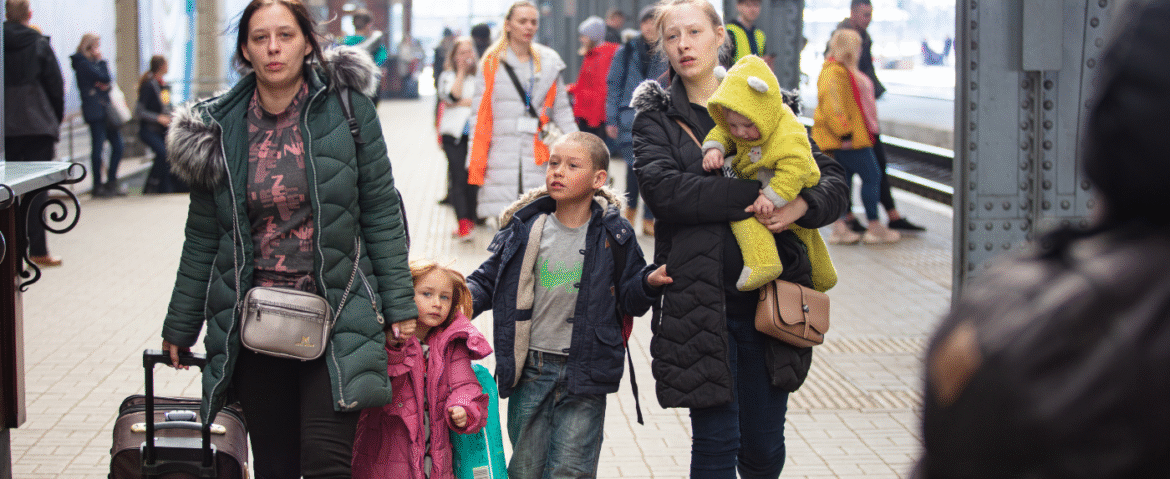The UK government plans to extend the waiting period before refugees can apply for permanent settlement. Currently set at five years, this timeline will increase under new asylum reforms. Additionally, the automatic right for refugees to bring close family members to the UK will be permanently removed, following a temporary suspension in September.
These changes aim to ensure that UK refugee settlement is earned through meaningful contribution rather than granted automatically. This move aligns with broader immigration policies designed to tighten settlement rules for various migrant groups. The government emphasizes reducing incentives that encourage illegal migration.
Table of Contents
ToggleWhat Changes Will Affect the UK Refugee Settlement?
The new policies will require refugees to stay longer in the UK before they can apply for indefinite leave to remain. Previously, five years of residency sufficed; now, the government plans to impose a lengthier process. Refugees will also face new conditions, including community contribution requirements, to qualify for settlement.
Moreover, the pathway for refugees to reunite with family members under automatic rights will end. Future family reunion cases will be subject to income and housing criteria, similar to other migrant categories. These adjustments are part of a government effort to standardize asylum and immigration policies. Here is the link to our article on Eritrean Migration Risks.
How Will Family Reunions Change for Refugees?
The UK will scrap the existing system that allows refugees to bring close relatives without restrictions. Refugees will need to meet income thresholds and housing standards to qualify for family reunification. These stricter rules aim to balance humanitarian concerns with housing and social support capacities.
The government highlights that the previous approach led to increased pressure on local councils and housing services. By imposing these changes, the UK seeks to ensure fair and sustainable support for all migrants.
What Is the Government’s Goal Behind These Reforms?
Officials state that the UK has been overly generous toward asylum seekers and needs to curb “pull factors” that encourage illegal migration. By extending the settlement period and tightening family reunification, the government aims to create a fairer system that rewards integration and contribution.
At a recent European summit, UK leaders discussed joint efforts with European partners to tackle illegal crossings and improve migration management. Financial support to regional initiatives, such as the Rome Process in Italy and programs in the Western Balkans, complements domestic reforms. Here is the link to our article on Hyundai Immigration Impact.
How Will Other Migrant Groups Be Affected?
The government intends to apply similar settlement conditions to other migrant categories. For example, work visa holders may now face up to a 10-year wait to qualify for permanent residency. Applicants will also need to demonstrate proficiency in English, maintain a clean criminal record, and contribute to their communities.
These consistent standards aim to uphold the integrity of the UK’s immigration system while encouraging migrants to fully engage with society.
Final Thoughts
The overhaul of UK refugee settlement policies marks a significant shift toward stricter immigration controls. By lengthening the path to settlement and limiting family reunions, the government seeks to ensure that refugees contribute actively before earning permanent rights. These reforms are designed to align the UK with European standards and reduce unauthorized migration pressures.
While critics argue the changes may drive vulnerable people toward dangerous routes or smugglers, the government insists that fairness and firmness are essential. The new approach reflects a broader strategy to balance humanitarian obligations with national interests.


